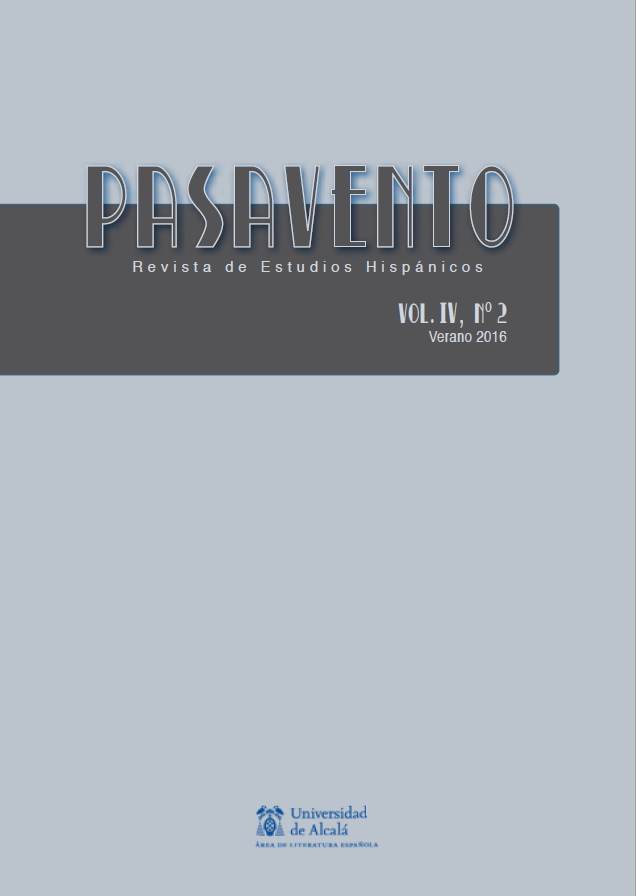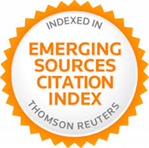Literary Translation and the Identity of the Translator
DOI:
https://doi.org/10.37536/preh.2016.4.2.885Keywords:
Literary Translation, Equivalence, Translator’s Voice, Literary Translation’s IdentityAbstract
It is widely believed that a literary translation is by definition a poor version of the original. On the other hand, the idea that equivalence is the decisive criterion when evaluating and judging literary translations is also very persistent. This article defends the thesis that equivalence is a fallacy and proposes another perspective. Translation is, actually, writing. Or to be more specific: translation is writing with two voices, the writer’s voice and the translator’s own voice. In fact, the translator lies the original, making literary translations the literary discourse par excellence: besides lying reality, just like every literary text does, a literary translation lies the original text.
References
Bellos, David (2011): Is That a Fish in Your Ear? Translation and the Meaning of Everything. Londres, Particular Books (Penguin).
Borges, Jorge Luis (1974): “Del rigor en la ciencia”. En: Obras Completas 1923-1972. 14ª edición. Buenos Aires, Emecé Editores, p. 847.
Borges, Jorge Luis (1985): “Pierre Menard, autor del Quijote”. En: Prosa completa 2. Barcelona, Bruguera, pp. 125-133.
Boroditsky, Lera; Schmidt, Lauren A.; y Phillips, Webb (2003): “Sex, Syntax, and Semantics”. En: Dedre Gentner y Susan Goldin-Meadow (eds.): Language in Mind. Advances in the Study of Language and Thought. Cambridge (Massachusetts) / Londres, The MIT Press, pp. 61-79.
Durastanti, Sylvia (2002): Éloge de la trahison: notes du traducteur. París / Nueva York, Le Passage.
Groot, Ger (2010): Vergeten te bestaan. Echte fictie en het fictieve ik. Nimega, Vantilt.
Kellendonk, Frans (1992): “Idolen”. En: Verzameld werk. Ámsterdam, Meulenhoff.
Levine, Suzanne Jill (1991): The Subversive Scribe. Translating Latin American Fiction. Saint Paul, Graywolf Press.
Marías, Javier (2001): “Ausencia y memoria en la traducción poética”. En: Literatura y fantasma. Edición ampliada. Madrid, Alfaguara, pp. 371-382.
Mayhew, Jonathan (2009): Apocryphal Lorca. Translation, Parody, Kitsch. Chicago/Londres, The University of Chicago Press.
Mendoza, Eduardo (2002): “La traducción y sus descontentos”. Barcelona, Universitat Pompeu Fabra. Facultat de Traducció i Interpretació. Disponible en [última visita: 18.01.2016].
Rabinowitz, Peter. J. (1998): Before Reading: Narrative Conventions and the Politics of Interpretation. Columbus, Ohio State University Press.
Schopenhauer, Arthur (1996): “Sobre lengua y palabras”. Trad. Hans Christian Hagedorn. En: Dámaso López García (ed.): Teorías de la traducción: antología de textos. Cuenca, Universidad de Castilla-La Mancha, pp. 197-202.
Stevenson, Robert Louis (1905): “On Some Technical Elements of Style in Literature”. En: The Art of Writing. Disponible en <http://classiclit.about.com/library/bl-etexts/rlstevenson/bl-rlst-wri-1.htm> [última visita: 18.01.2016].
Venuti, Lawrence (2013): “The Difference that Translation Makes. The Translator’s Unconscious”. En: Translation Changes Everything. Theory and Practice. Londres / Nueva York, Routledge, pp. 32-56.
Downloads
Published
How to Cite
Issue
Section
License
Copyright (c) 2016 Pasavento. Revista de Estudios Hispánicos

This work is licensed under a Creative Commons Attribution 4.0 International License.








